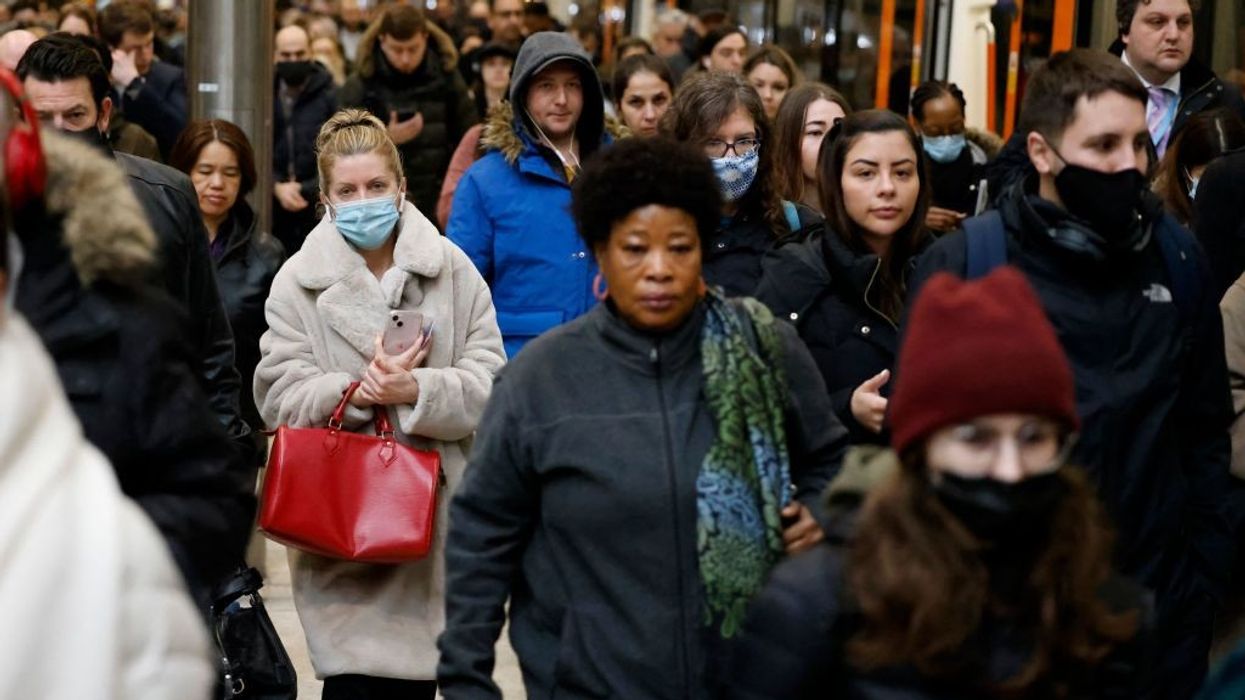Britain has outlined the terms of reference of its planned inquiry into the Covid-19 pandemic, looking into the preparedness of the country as well as the public health and economic response to the coronavirus.
Meanwhile, England's Covid-19 prevalence rose to 1 in 25 in the week ending March 5, Britain's Office for National Statistics (ONS) said on Friday (11), up from 1 in 30 recorded the previous week.
Britain has recorded 19.3 million Covid-19 infections and 162,000 deaths - the seventh-highest fatality total globally - and prime minister Boris Johnson has been criticised for mishandling England's three national lockdowns.
He has promised an inquiry into the pandemic, chaired by judge Heather Hallett.
On Thursday (10) the government said that the inquiry would "examine the Covid-19 response and the impact of the pandemic in England, Wales, Scotland and Northern Ireland, and produce a factual narrative account."
The four nations set their own health policies, though they have co-ordinated their actions on issues like travel rules and the vaccine roll-out.
The terms of reference for the inquiry also aim to "identify the lessons to be learned from the above, thereby to inform the UK’s preparations for future pandemics."
The government said there would be public engagement and consultation on the inquiry's terms of reference, which would last four weeks and could lead to changes before the terms are finalised.

Hospitalisations starting to rise
Covid-19 cases were rising among the over-55s in England, a study found on Thursday, with increased social contact, waning of booster protection and a more contagious subvariant of Omicron possibly driving an increase in hospitalisations.
Johnson in February lifted the last coronavirus restrictions in England and abolished a legal requirement to self-isolate after testing positive for the virus.
Johnson took those steps after Omicron peaked at the start of the year without causing a wave of hospitalisations and deaths to overwhelm the health service, which he attributed to the booster programme and Omicron's lower severity.
The Imperial College London REACT study, conducted from Feb. 8 to March 1, found that Covid-19 prevalence was 2.88 per cent, compared to 4.41 per cent in January.
But while prevalence fell in under-17s and 18-54-year-olds during February, for those 55 and older, it was estimated to have increased over the month.
Britain has also seen a rise in hospital admissions of patients with Covid-19 since the last week of February, reversing a steadily declining trend since the start of the year.
"I think the timing does fit with there being more mixing, higher infections, possible waning and then that feeding through into hospitalisations," said Imperial epidemiologist Paul Elliott.
Britain has announced a spring booster will be offered to over-75s and some other vulnerable groups as a precaution in case waning immunity from the initial booster lowers protection against severe disease.
The Imperial study also found that the Omicron subvariant BA.2 was taking over from the previously dominant BA.1.
Epidemiologists have highlighted the importance of prevalence surveys like the REACT study for monitoring the virus in light of government plans to phase out free mass testing.
(Reuters)





